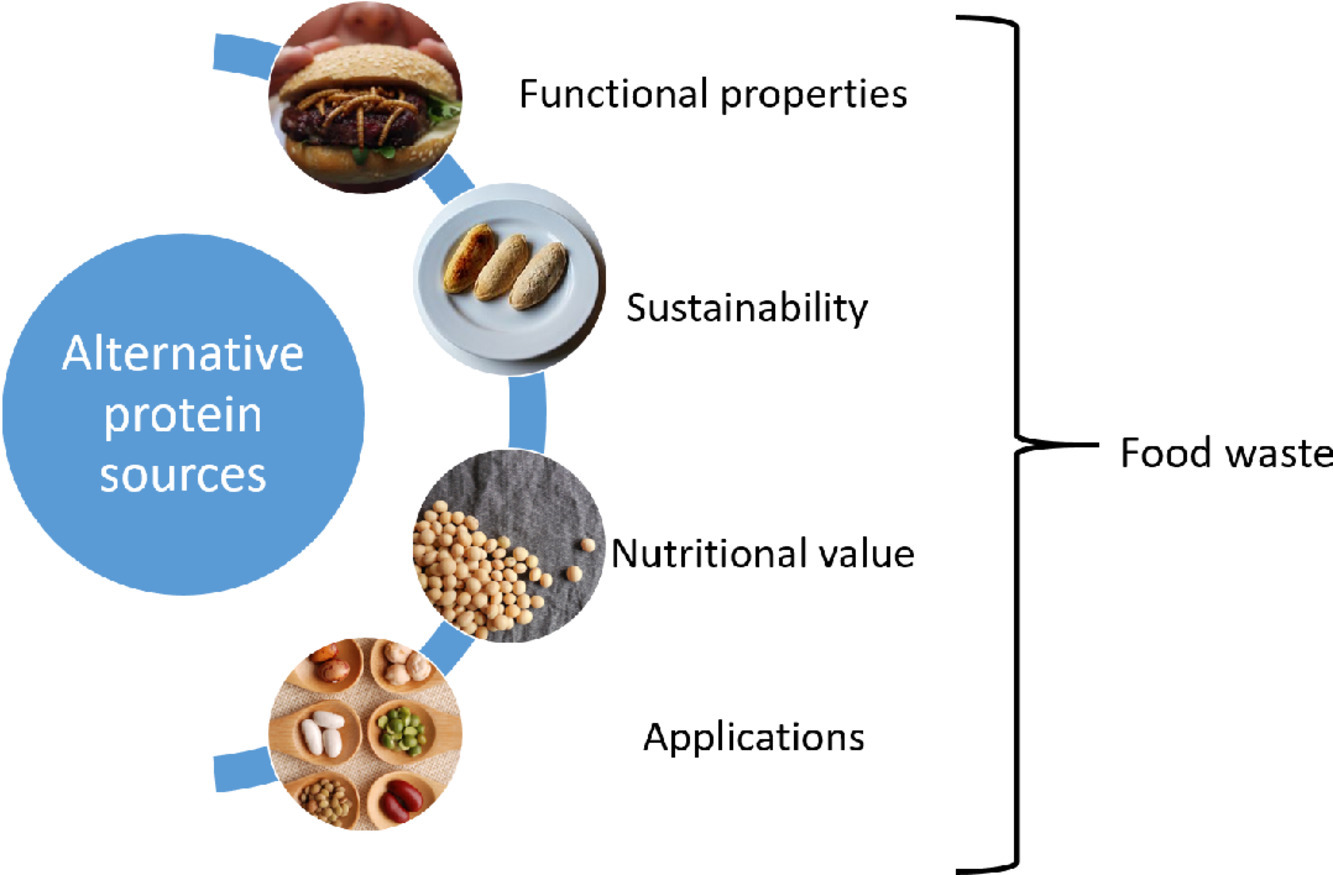This study is the largest international investigation of women's representation in internal medicine specialties, revealing that women constitute 35% of practicing physician specialists and 43% of trainees. It identifies cardiology, gastroenterology, and respiratory/critical care as the specialties with the most significant underrepresentation of women, highlighting the need for strategies to create a more diverse and representative workforce in these fields.
Development of plant based meat analogues for sustainable food systems.
Lab grown meat as a sustainable alternative.
Developing products with insects for sustainable food systems.
Behcet's disease is a systemic vasculitis that can manifest as an intracardiac thrombus, which is rare but a serious complication.
This article supports SDG 13 because it highlights the role of mineral exploration in clean energy transition.
This articles advances SDG # 13 by reconciling flux estimates from models and reports to promote accuracy in NDCs. Land use is an important source of emissions and carbon sinks for nations included in their Nationally Determined Contributions, yet counting the climate impacts accurately remains a challenge.
This chapter contributes to SDG 6 by introducing projects to improve the situation of drought-affected cities by maintaining and saving local water resources.
Elsevier,
Emma Suali, Latifah Suali, Chapter 8 - Impact assessment of global biofuel regulations and policies on biodiversity, Editor(s): Khalid Rehman Hakeem, Suhaib A. Bandh, Fayaz A. Malla, Mohammad Aneesul Mehmood, Environmental Sustainability of Biofuels, Elsevier, 2023, Pages 137-161, ISBN 9780323911597
This content aligns with Goal 7, Clean and Affordable Energy, and Goal 15, Life on Land, by assessing the impact of biofuel feedstocks on the environment, ecosystem, and biodiversity of the regions where energy crops will be grown and harvested.

